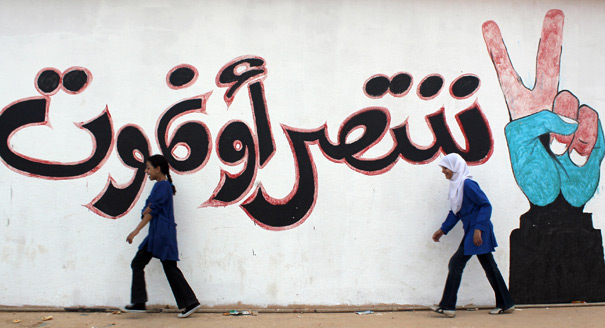Source: Danish Institute for International Studies
When the Arab Revolts broke out in late 2010 and early 2011, observers and policymakers cheered the arrival of an opportunity, however fragile and uncertain, for generating political change in a region that for decades had hosted the world’s most enduring authoritarian regimes.
Almost four years later, the opportunity for political transition seems to have narrowed. With a few but important exceptions such as Tunisia, authoritarian regime practices have been restored, regional competition has increased, contentious politics have been militarized, and in some cases the political arenas have disintegrated.
These recent developments not only present decisionmakers in the Arab region with an unprecedented political and social crisis. They also force international actors to reconsider their policy preferences and alliance-buildings, and may prompt immediate security concerns to trump the long-term political development goals that were identified in the early days of the “Arab Spring.”
The Danish Institute for International Studies organized an international conference and hosted Carnegie’s Lina Khatib to discuss recent developments in the Arab region and how Denmark and its partners may best engage with the region in the future.
